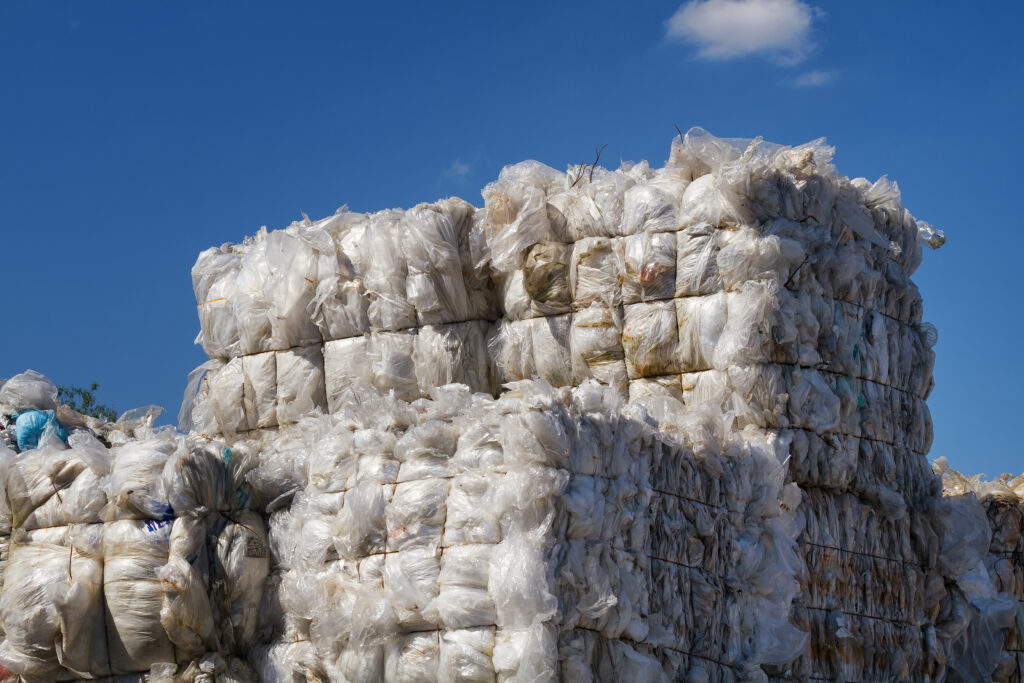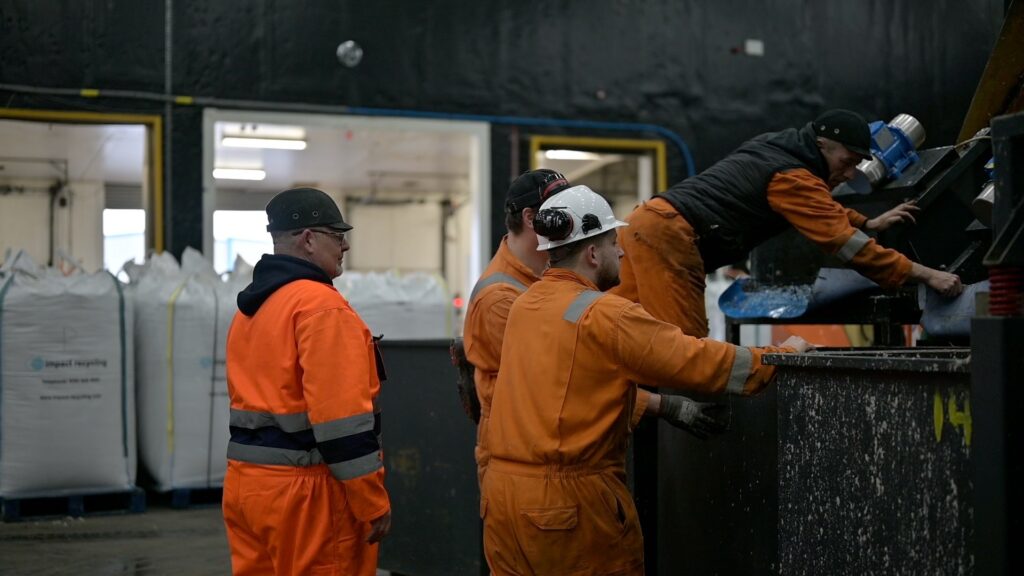Plastic PRNs have been selling for as low as 5 per tonne as claims of fraud were heard last week at an event at Warwick University.
Speaking at the 2003 UK Plastics Recycling conference, the chairman of the British Plastics Federation Recycling Council, Colin Williamson, highlighted a number of difficulties facing plastics recyclers.
He said: “Survival is the name of the game for plastics recyclers, both in the short term and probably the medium term as well.”
Mr Williamson explained that the UK consumes around 4 million tonnes of plastic each year, and that of the 1.8 million tonnes in the household waste stream just 1.1% is recycled. He said: “Post consumer plastics: it's dirty, it's mixed material and it's difficult to recycle.”
He attributed the struggling UK plastic recycling to several factors including the export market, especially to China, the Climate Change Levy and the reluctance of local authorities to collect plastics in their kerbside collections.
The question of fraudulent PRNs and the low PRN value was raised by several delegates including Paul Davidson, plastics sector manager for WRAP. Mr Davidson questioned the validity of data and the status of some PRNs in the plastics sector.
Double counting
He claimed that by his own estimates around 82,000 or 31% of plastic PRNs couldn't be matched to end products, probably due to double counting and counting non-obligated material.
“Call it what you like, but I call it fraud,” Mr Davidson said. He blamed this and low targets for the low value of plastics PRNs. The price of plastic PRNs has been in single figures for several months and have been sold for just 5. Mr Davidson said: “We need to push PRN value back to where it should be in encouragement to investors.”
Referring to the high volumes of PRNs issued, Mr Davidson added that with the PRN figures as they are, further subsidy for the industry is unlikely. He said: “Either plastics recycling is a dynamic sector with high growth or it is a sector…influenced by fraud. Either way can we justify subsidy?”
Mr Davidson told delegates that although he was addressing the conference as WRAP's plastic sector manager, his comments were not necessarily WRAP's official view.
Jeff Cooper, producer responsibility manager at the Environment Agency, admitted: “'F;raud' is easier to achieve in plastics than in other materials.” He said that the Agency is investigating the fraud in the PRN system.
Local authority
Responding to the issue of whether it was worthwhile for local authorities to collect plastic bottles, Gill King, waste strategy manager at Milton Keynes borough council, said at the conference, which was organised by MRW: “Plastics: a lot of money, a lot of trouble and very little reward.”
She added: “To be frank, the only reason Milton Keynes council recycles plastic is because it's popular and if we stopped there would be a public outcry and councillors would lose their seats.”
Milton Keynes processes it plastics at its MRF, which costs 400-600 per tonne including finances. The council has a recycling rate target of 33% for 2003-04, a significant increase from the current 25%. The Milton Keynes MRF has a history of funding pressures and was recently taken over by Cory
(see letsrecycle.com story).
Ms King said: “Plastic is only 3% of waste. We could actually stop recycling plastics and it won't make a lot of difference to our recycling rate. And to be honest, if we were to start again I probably wouldn't include plastic. If I had to choose between glass and plastic, I would choose glass. It's heavier, easier to collect and there are established markets.”








Subscribe for free